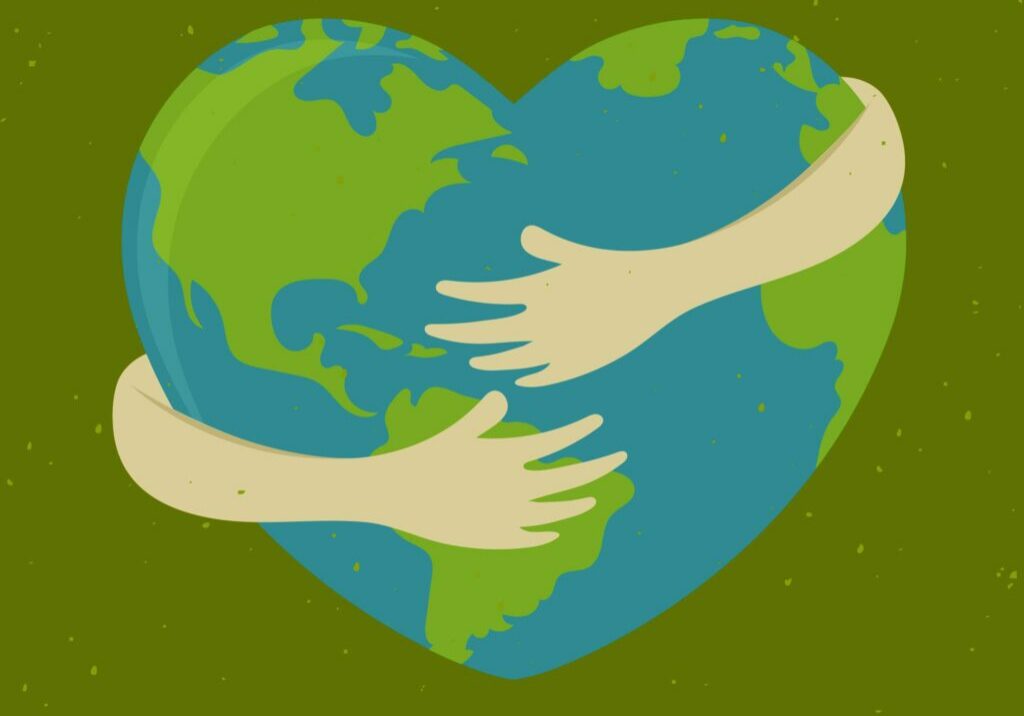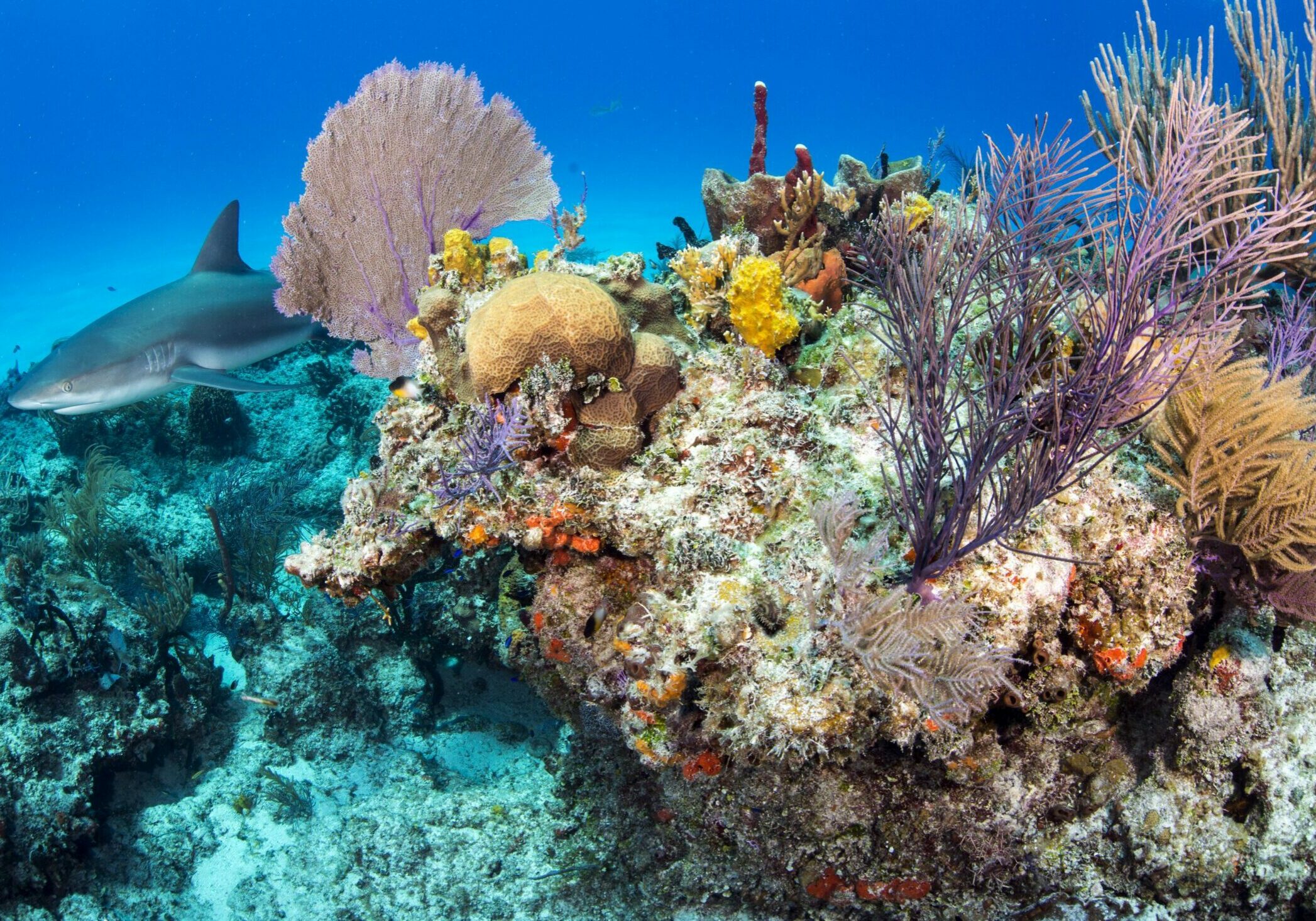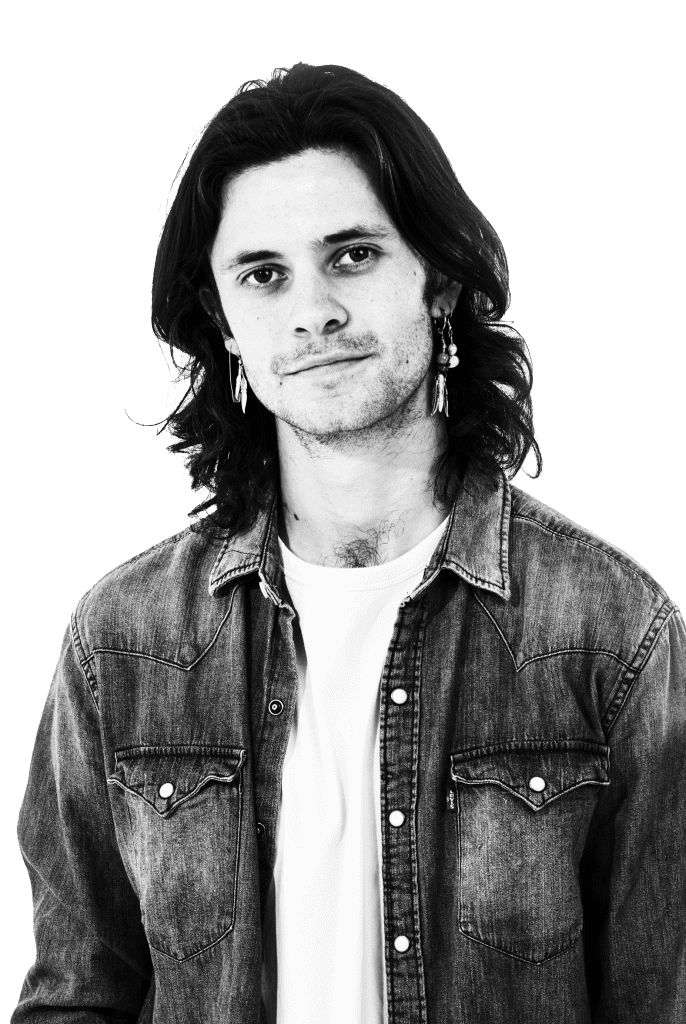
In the Call of the Wild podcast we explore how we can all make a difference in the fight to save our planet. Sir David, what inspired your love of nature?
I’ve never met a child older than three or four who is not fascinated by the natural world. It’s in you and me and every child, that amazement when you see a slug move over a stone on a bed of slime. I remember when my godchild turned over a stone in a meadow and said: “Look at that, what a treasure!” It was a slug – and he was right. It’s amazing.
As you get older, you become interested in other things, such as cars or motorbikes. But if you lose that pleasure of finding joy in the natural world and wanting to know how it works, you’ve lost a huge treasure.
What’s the biggest change to nature you’ve seen since starting your career?
Humans are now all-pervasive, everywhere. You can’t get away from them any more. There are oil slicks and plastic in the most remote parts of the oceans. We have destroyed nature in order to replace it with whatever we choose. And we’ve done it without thought, over vast areas of the planet, as though the planet belonged only to us.
We depend on the natural world for everything that’s beautiful and wonderful, but also we depend on it for every breath of air we take and every mouthful of food we eat. And if we damage the natural world, we are damaging ourselves. And we have been doing that without care for decades.
Do you recall a moment that shocked you?
A moment I remember vividly is the first time I went to a coral reef on the Barrier Reef in eastern Australia. I dived in and instead of seeing the most marvellous, beautiful, extraordinary wonderland, it was a cemetery – it was just white, dead coral. And humanity was responsible.
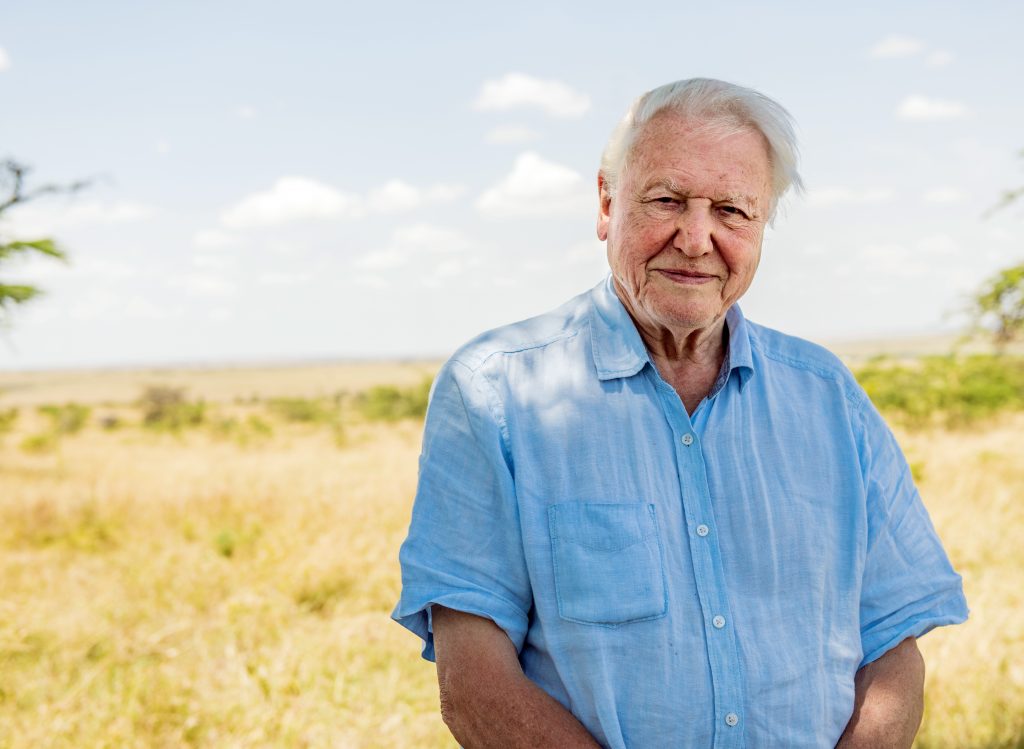
How about a moment that brought you joy?
The great moments come when you have a vision of the natural world in which humanity doesn’t play a part. I remember a moment at a billabong – a big shallow lake – in northern Australia. We’d gone into a hide before dawn and looked through this little peephole in the side. There were 10,000 egrets and cockatoos and crocodiles and ducks and geese and birds I’d never seen before, all busy squawking away, feeding – just thrilling.
It was a vision of the world without humanity, in which a whole complex of organisms all interact with one another, busy about their own affairs, all at peace.
It’s a pity I have to say that really, because people are part of the natural world. We have a responsibility for it, because now we’re so powerful we can destroy it – and what’s worse is that we do. We can squeeze an aerosol and kill insects. We’ve got mechanical devices that can rip up a meadow or a woodland in an afternoon. We’ve got methods of tracing every fish in the sea and killing it – and we’re actually doing it!
Do you have any tips for people on what they can do to turn things around?
One of the simplest things you should do when you get the chance is to just stop, sit down, don’t move, keep quiet, and wait and watch for 10 minutes. Don’t get impatient. Doing this in a woodland is extraordinary. There are wonderful things to see and extraordinary things happen.
It’s most exciting when you don’t know the place – for example, a jungle in Costa Rica. You see extraordinary things you really don’t know anything about.
What would be your advice for young people who want to make a difference?
Do what interests you, what you think you’re good at. The odd thing is that nearly always what you’re good at is what you’re interested in. Follow that star.
The wild is calling. It’s time to act.
To hear the interview in full, or listen to an exclusive bonus episode, subscribe to our podcast. Just search for Call of the Wild wherever you listen to podcasts, or visit our Call of the Wild site
More to explore
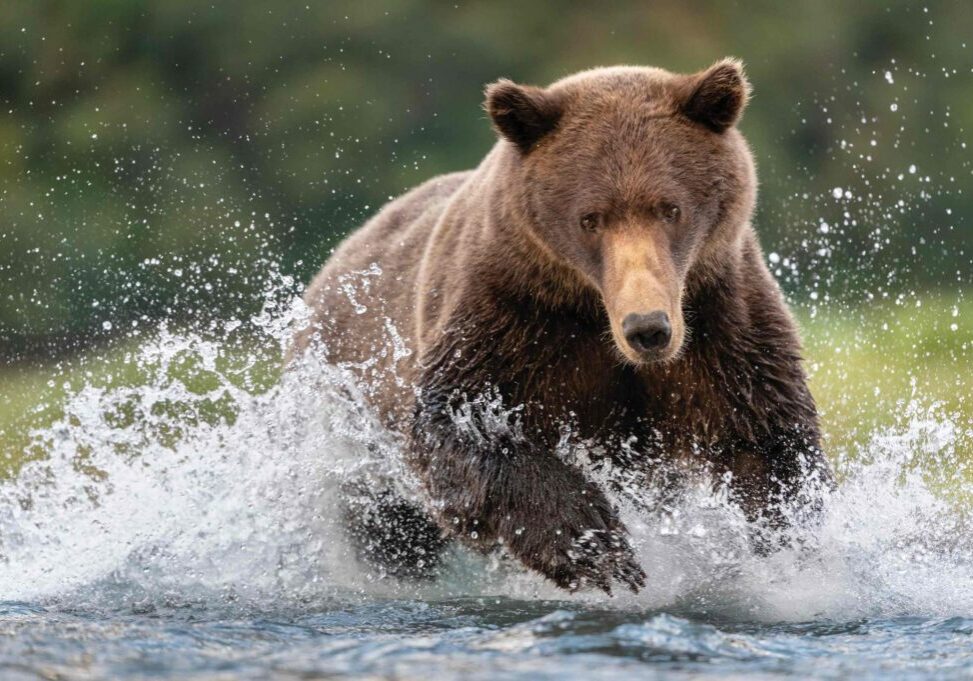
Gallery: Richard Barrett’s Wild World
Join photographer Richard Barrett on a tour of the globe in search of some of its most legendary creatures in his new photo book
